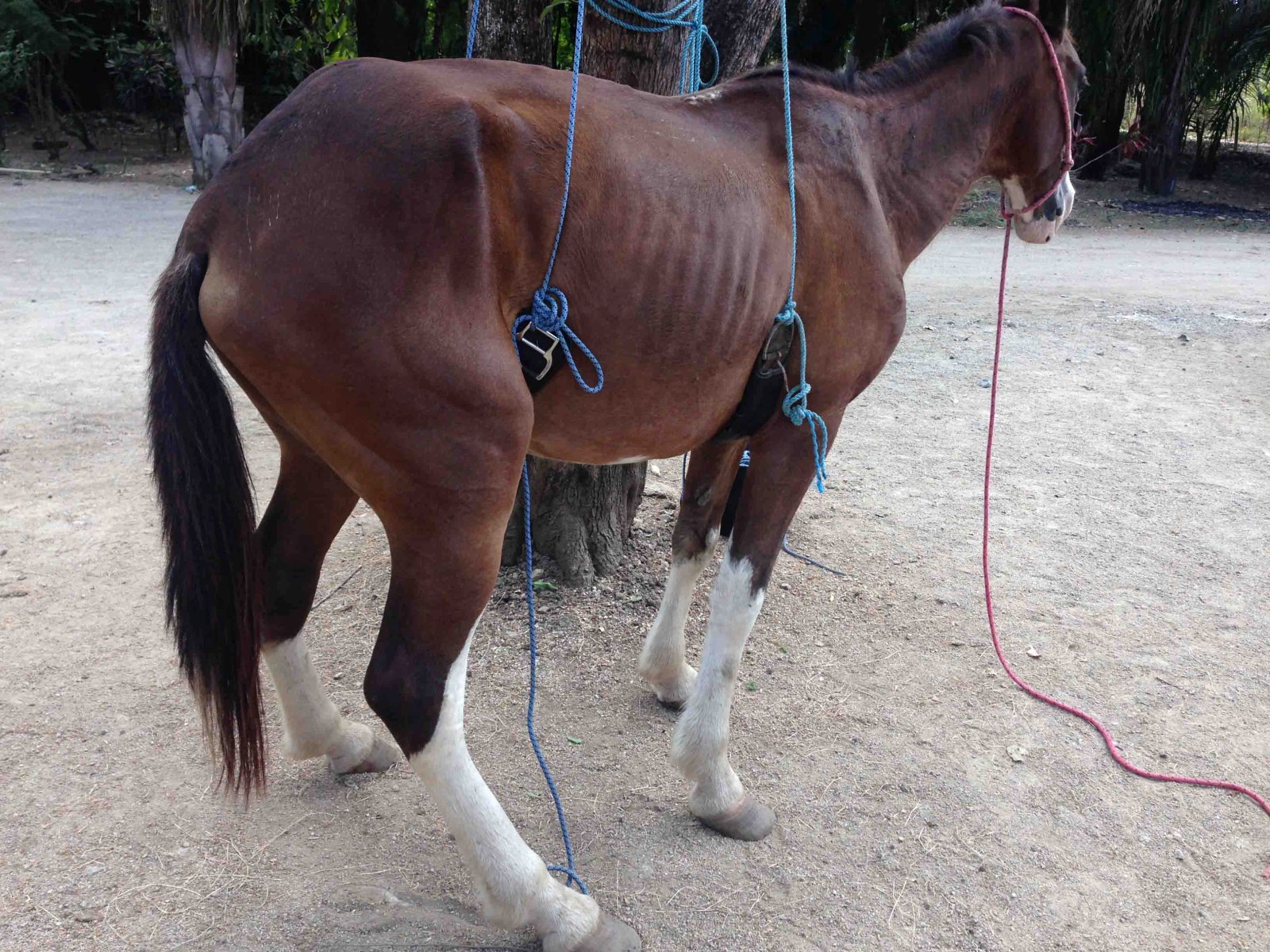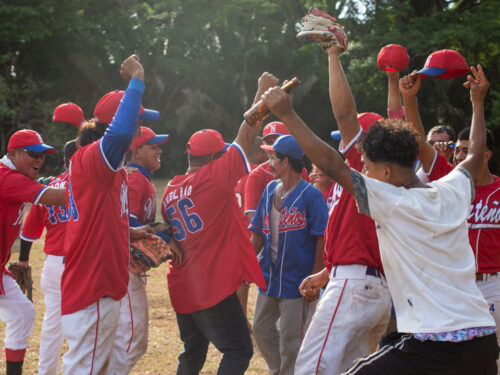
Some Nosara horse owners are concerned about a possible outbreak of infectious equine anemia among animals in the area, due to the death of one horse that tested positive for the disease on February 8.
Carrie Anderson, a resident of Nosara, said that “Tornado” was the name of the horse that had the sickness, in addition to an ailment known as Laminitis that affects the animal’s hooves and creates pain throughout the body, making it difficult to walk normally and even stand up.
“The horse was behind our property [close to the Nosara River] and was loose,” explained Anderson, who added that the previous owner did not care for the horse, so it was thin and sick.
For that reason Carolin Prowse, another local resident, decided to buy the horse to take care of it and examine it; those tests resulted positive for infectious anemia.
Currently, equine anemia does not have a cure, which is why standard procedure is to euthanize infected animals. The sickness can spread if insects or animals bite the infected horse and then do the same on another, healthy horse.
The veterinarian Laura Murillo Marchena, in charge of examining Tornado, explained that infectious anemia is like the HIV virus in humans. An infected horse can seem normal and even healthy while in reality it is very sick and weak.
“In these cases, the procedure, after taking a blood sample from the animal and evaluating it, is to mark it with an ‘S’ to show that it should be euthanized [in Spanish, “sacrificado”] and prevent the virus from spreading.”
It was for that reason that on Saturday, February 8 the veterinarian gave Tornado a lethal injection to “put him to sleep.” He was then cremated and buried on private property in Nosara.
Anderson has a business through which she rents horses for tours and rides in Nosara. For her the news of the disease is worrying, so she intends to have all of her horses examined to control possible infection.
For her part, Murillo explained that she will be issuing a request to the National Animal Health Service (SENASA – Servicio Nacional de Salud Animal) for the evaluation and relevant sampling of the rest of the animals in Nosara.







Comments